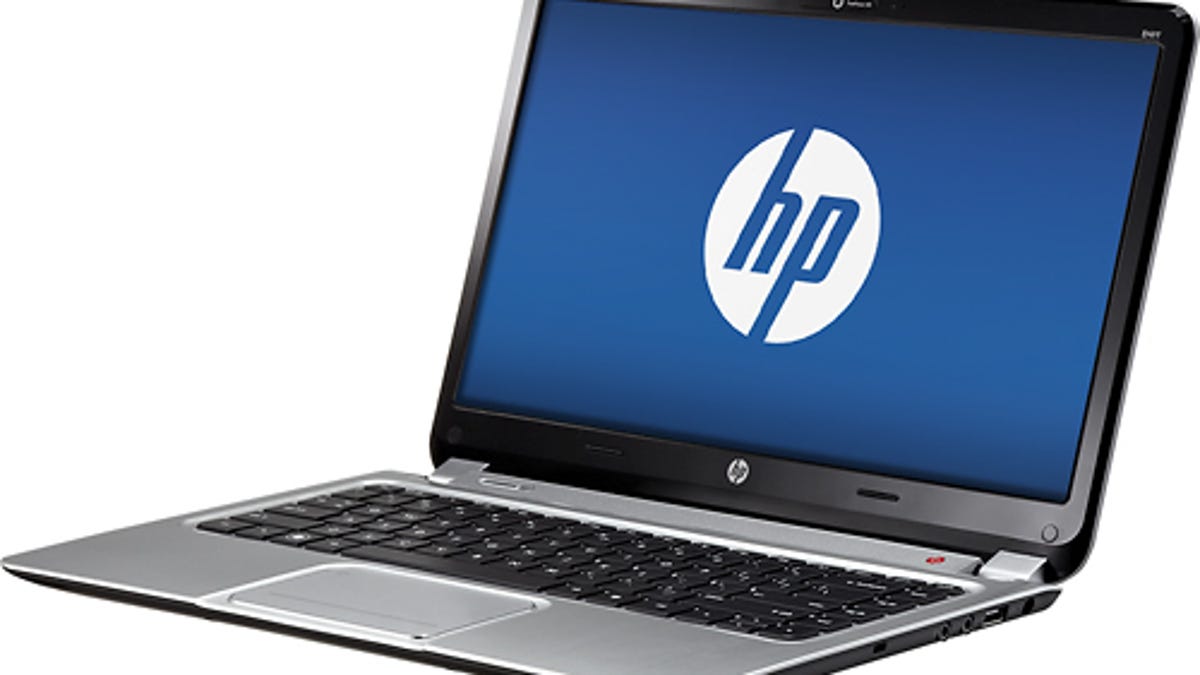iPad, MacBook torpedoing ultrabook sales, says analyst
Apple is throwing a wrench into the ultrabook works. The iPad has consumers' attention in the mid-range, while MacBooks own the high end.

Analysts are not kind to ultrabooks. Add Tim Bajarin to that long list.
Though the Creative Strategies president offers plenty of reasons for ultrabooks' woes, one of the more intriguing is that Apple products are boxing ultrabooks into a pricing dead zone.
The mid-range, between $799 and $899 -- where an increasing number of ultrabooks are priced -- "may be going away," Bajarin wrote in a recent post.
That's the upper end of the pricing range of Apple's very popular iPad. And above that, it's a MacBook market -- which Bajarin says consumers will pay more for because they assign more value to a MacBook.
That doesn't leave a lot of breathing room for the ultrabook.
And what about the low-end? Well, unless WinTel (the Microsoft-Intel camp of PC makers) comes up with a really appealing $499 ultrabook, that market will be left to purveyors of cheap plastic laptops.
"Consumers have a threshold of $599. It's like clockwork, they're not going to spend more than that," said Bajarin in a phone interview.
Not all is lost, though. Corporations still buy plenty of pricier Wintel laptops and they'll pay for high-end ultrabooks because they tend to buy more expensive configurations that can last three years or longer, he said.

